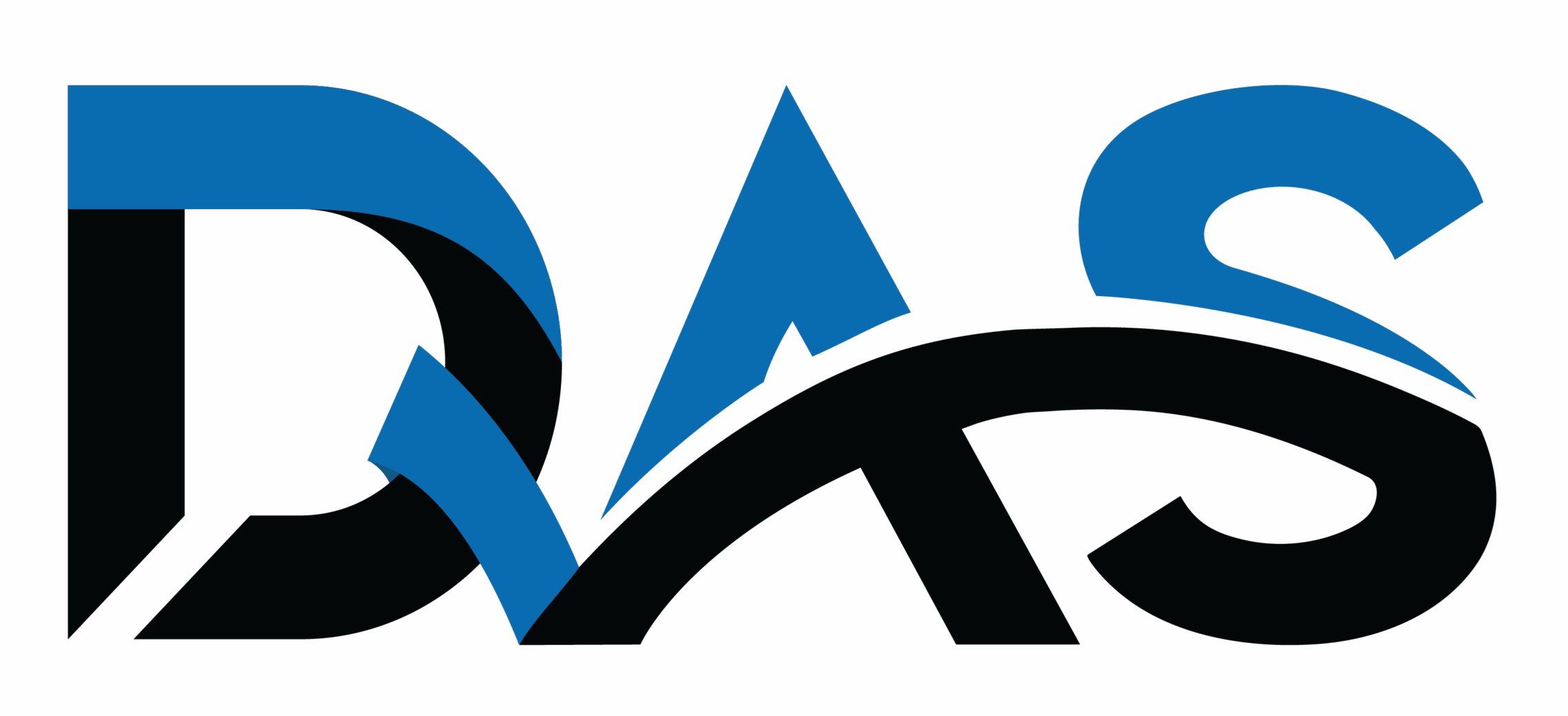ISO 9001 Quality Certification
ISO 9001 Certification
ISO 9001 Standard
DAS supports organisations in implementing ISO 9001 and other management system standards to help improve quality, strengthen processes, and enhance customer satisfaction.
🌍 ISO 9001 Standard
ISO 9001 provides a globally recognised framework for a Quality Management System (QMS) that can be applied to any organisation, regardless of size, type, or sector.
It is widely used by public and private organisations, including non-governmental bodies, to:
- 🔹 Improve efficiency and consistency
- 🔹 Strengthen stakeholder confidence
- 🔹 Align internal processes towards customer satisfaction
The extent of these benefits depends on how effectively the organisation implements and maintains the system.
📘 Key Requirements of ISO 9001:2015
ISO 9001 is structured into 10 clauses, with the following core requirements:
1️⃣ Context of the Organisation (Clause 4)
Understand internal and external factors, define the scope of the QMS, and establish processes.
2️⃣ Leadership (Clause 5)
Demonstrate top management commitment, set the quality policy, and assign roles and responsibilities.
3️⃣ Planning (Clause 6)
Address risks and opportunities, set measurable objectives, and plan for change.
4️⃣ Support (Clause 7)
Provide resources, ensure competence, maintain awareness, manage communications, and control documented information.
5️⃣ Operation (Clause 8)
Manage operational processes, determine customer requirements, design and develop products or services, control suppliers, and monitor delivery.
6️⃣ Performance Evaluation (Clause 9)
Monitor and evaluate performance, conduct internal audits, and perform management reviews.
7️⃣ Improvement (Clause 10)
Address nonconformities, implement corrective actions, and drive continual improvement.
🌟 Benefits of ISO 9001 Certification
- 😀 Enhanced Customer Satisfaction – Consistent delivery of quality products and services with improved responsiveness.
- ⚙️ Improved Operational Efficiency – Streamlined processes that reduce waste and increase productivity.
- 📈 Market Recognition & Competitive Advantage – Strengthened reputation through alignment with an internationally recognised standard.
- 🔎 Risk-Based Thinking – Proactive identification and management of risks.
- 📊 Data-Driven Decision Making – Greater emphasis on analysis and performance monitoring.
- 👥 Employee Engagement & Accountability – Clear responsibilities and effective internal communication.
- ⚖️ Regulatory Compliance – Helps meet statutory and legal requirements.
- 🤝 Better Supplier Relationships – Structured evaluation and control of suppliers to enhance quality throughout the supply chain.
- 🔄 Continual Improvement – Promotes a culture of ongoing enhancement in processes and performance.
